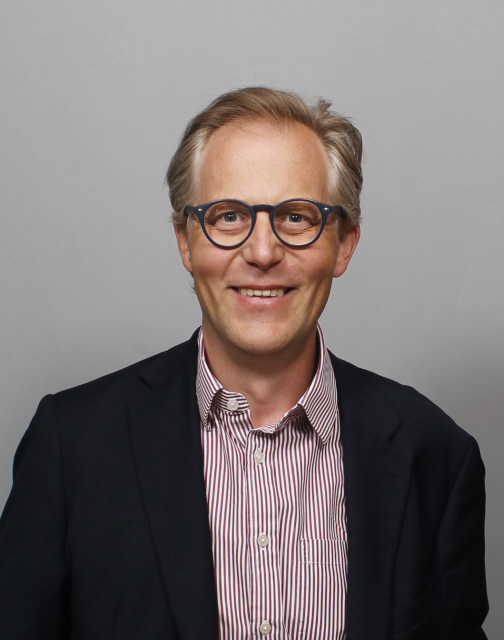Paul von Kirchbach, Manager Business Development and Innovation at Renolit (Germany), on market developments in the Renewable Carbon Economy
Interview with Michael Carus, CEO of the nova-Institute

© nova-institute
Michael Carus: How has the environment for the Renewable Carbon Economy evolved during the corona virus pandemic, climate change and Green Deal, and the Ukraine war? (in terms of demand and investment)
Paul von Kirchbach: We have seen in recent years a constant increase in demand for Renewable Carbon solutions. While the corona virus pandemic shifted a bit the focus away from non-fossil-based solutions, climate change and the war in Ukraine strongly supported the demand – the first more on a principal basis, the second as a financial driver to secure reasonably priced solutions independent from potentially problematic sources. The Green Deal can be seen as a key enabler for larger scale projects which helps to finance scaling of non-fossil-based chemicals.
Michael Carus: Are there market preferences for any of the three sources of renewable carbon? Biomass first and second generation, biogenic waste, utilisation of CO2 from biogenic and fossil sources and direct air capture or mechanical and chemical recycling?
Paul von Kirchbach: While the biomass solution is most known and available in larger scale, it has constantly to fight with the argument on competition with food. Biogenic waste is seen with that argument as a positive solution but lacks from my point of view the scalability. If only two or three of these use-cases truly grow to large amounts, we very quickly leave the track of waste and go back into the classic biomass. The most underestimated solution is direct conversion from CO2. This is from the technological and regulatory demands the most difficult, but it also offers the largest benefits as it can be done relatively independently from fertile soil. I believe we will see in the upcoming years the biggest growth in this field.

© nova-Institute
Michael Carus: What would be the most important measures and policy instruments to accelerate the transformation from fossil to renewable carbon?
Paul von Kirchbach: There are three key drivers that are needed to accelerate this necessary transformation. The CO2 price will need to be increased further to close the price gap that exist so far between non-fossil-based solutions to fossil-based solutions.
Simplification and more important EU-wide harmonisation in the regulations of Genetically Modified Organisms when it comes to non-food applications without compromising the safety aspects. This will enable large multi-state industry projects and will simplify the scaling of existing solutions. Further widening of grants and significant tax-cuts for grants and projects which are aiming at being at least carbon neutral, preferably carbon negative. Both factors can guide further investments into the field.
Michael Carus: Thank you so much for the interview.
Meet him personally or one of his colleagues from Renolit (Germany) at stand No. 9 at the Renewable Materials Conference (RMC), 10 - 12 May 2022, Cologne, Germany!
More information: https://renewable-materials.eu
Source:
nova-Institute, press release, 2022-04-28.
